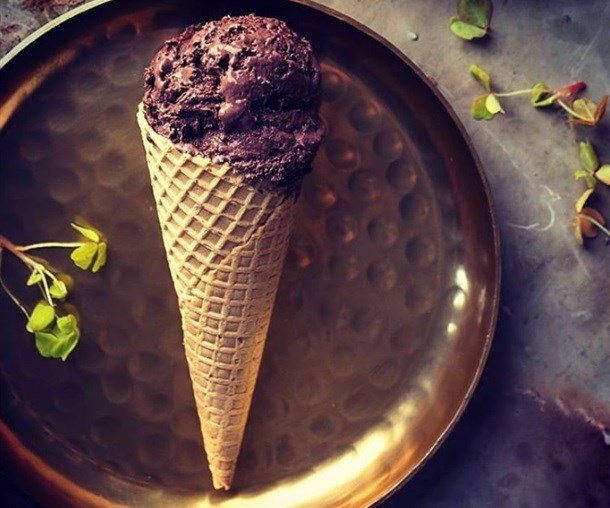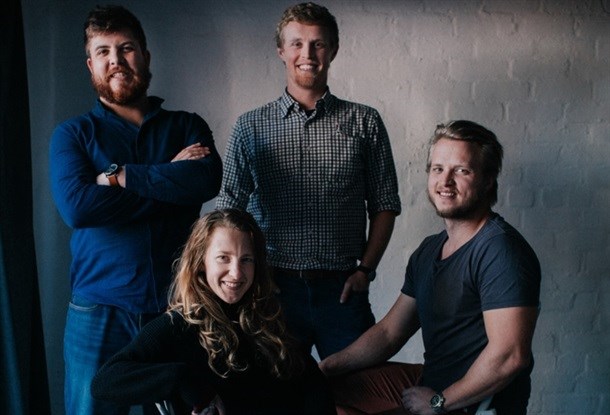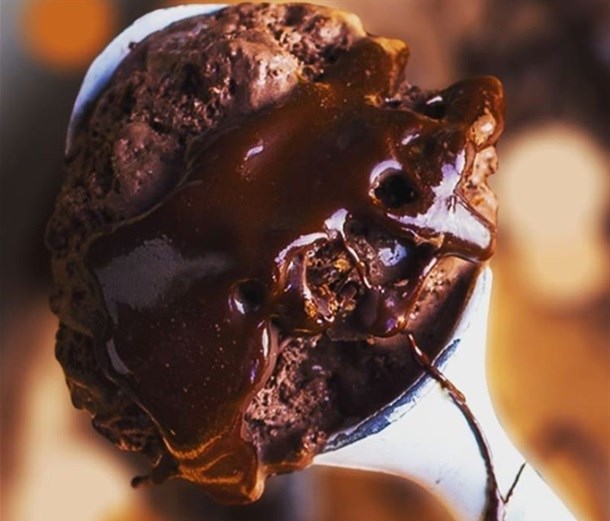






Speaking at the FoodNext.Africa conference in Cape Town last week, Gourmet Grubb co-founder Leah Bessa explained that with the world’s population projected to be 9.6 billion by 2050 – and more than half of that growth coming from Africa – traditional agriculture will struggle to keep up with the demand.
Armed with improved access to information, modern consumers have also become more mindful regarding what they put into their bodies and the effects of their consumption on the environment. In the search for eco-friendly food sources for the future, researchers have pinpointed insects as a viable alternative.
Despite being pegged as a 'superfood of the future', entomophagy – the human use of insects as food – is an age-old practice in countries within Asia, South America and Africa.
"Over 2,000 insect species are eaten globally and form part of over 2 billion people’s diets already. The Western culture is just slow to the uptake," noted Bessa, who holds a MSc in Food Science.
She explained that the global insect market is predicted to grow at a CAGR of 23.8% between 2018 and 2023. While currently it's valued at $33 milllion, the market is predicted to grow to over $1 billion in just five years.
The growth is driven by factors including food security, a growing population, decreasing food sources, increasing demand for nutrient-rich foods, the high cost of animal protein, and the fact that insects are sustainable to produce.
While traditional meat production is known to use a large chunk of the planet’s cultivable land, farming insects requires little land, water and resources. They're able to be farmed in both rural and urban environments and insects lend themselves to vertical farming. The insects used by Gourmet Grubb, namely Black Soldier Fly Larvae, do not produce greenhouse gases like typical agricultural animals, which are responsible for more than 60% of man-made greenhouse gases.
Insect breeding also doesn't experience the same animal welfare concerns associated with traditional livestock farming.

While Bessa said that insects are still a novelty food source, having just entered the market in the U.S. and Europe, it's the aim of Gourmet Grubb to turn insects into a more commercial, everyday food source.
"Western consumers are not necessarily used to seeing where their food comes from. The way to incorporate insects into Westernised diets is to disguise it, so we've introduced it in a way that people can’t see that they’re eating insects necessarily," said Bessa.
And what better vessel to win over the average consumer than ice-cream? Gourmet Grubb ice-cream is made using Entomilk, which is the first insect milk produced globally. Only raw, natural products are used in the ice-cream and it's available in enticing flavours like dark chocolate, peanut butter and chai latte. As somebody who's sampled the ice-cream I can happily report that it was tasty, and I would never have known that insects were involved if Gourmet Grubb wasn't transparent about it.
Bessa explained that Entomilk is 5 times higher in protein than dairy; is rich in minerals like iron, zinc and calcium; has an amino acid profile that fits human needs better than that of red meat, and is 100% lactose-free.
"The reason we’ve gone into dairy alternatives is because there is a need for nutritious and sustainable alternatives," said Bessa. Aside from catering to consumers with dairy allergies and intolerances, the time required to farm the insects used by Gourmet Grubb for Entomilk is measured in days, not months or years like other dairy or dairy alternative products.
While the dairy alternative market is growing due to the rise of veganism and plant-based diets, Bessa pointed to the emergence of the term Entoveganism, which refers to a lifestyle based on sustainable veganism boosted by the consumption of insects as food for protein and nutrition.

With no local market for insect-based foods to speak of at this point, Gourmet Grubb is faced with the unique challenge of creating one. To do this they're focusing their efforts on building a brand that's honest and transparent, and informing consumers about the health and sustainability benefits of insects as a food source.
Alongside that, Bessa said smart product development is vital. "We knew we had to bring a product onto the market that when people taste it, it changes what they think about eating insects. The ice-cream is just a vehicle to get consumers to try it - to demonstrate the palatability and the versatility of Entomilk, and to break down barriers and remove the association most people have around insects."
"Ultimately we want to introduce Entomilk as a healthy and environmentally conscious dairy alternative for the future. So we’ve created a brand that speaks very much to what consumers want right now, which is honest, transparent and ethical practices."
For more information, visit Gourmet Grubb online.
